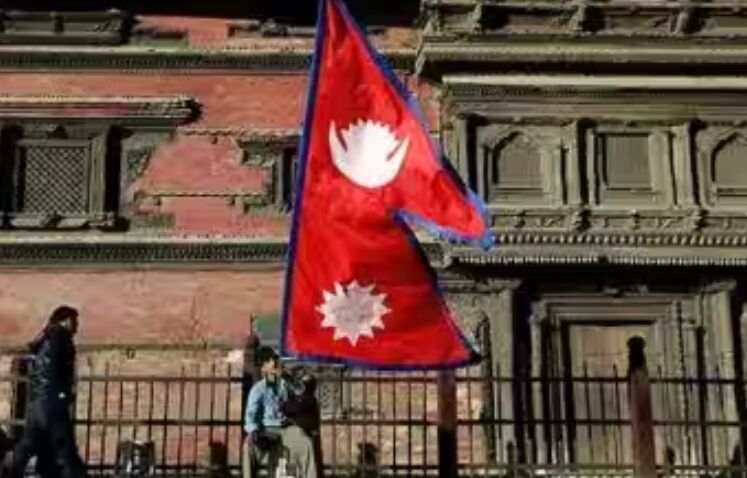Nepal's Supreme Court Orders Investigation Into Major Land Scam Involving Former Prime Ministers, Paving the Way for Accountability and Transparency
Nepal's Supreme Court directs investigation into major land scam involving former prime ministers, challenging previous exemptions for cabinet decision-makers and reinforcing the rule of law and accountability.
In a groundbreaking decision, Nepal's Supreme Court has directed the Commission of Inquiry into Abuse of Authority (CIAA) to investigate a major land scam involving the transfer of government land to private individuals. The case implicates the cabinets of two former prime ministers, Madhav Kumar Nepal and Baburam Bhattarai. The court's ruling challenges previous interpretations that exempted decision-makers in the cabinet based on the concept of policy decisions.
The division bench of Justices Anil Sinha and Kumar Chudal emphasized the need for a thorough investigation into the matter. They directed the home ministry to initiate an inquiry into those involved in making, implementing, and executing the cabinet decisions related to land transfers. The court's decision comes in response to a habeas corpus petition on behalf of Yograj Paudel, a former civil servant involved in the scandal. While the court did not release Paudel, it highlighted the importance of holding individuals responsible for policy decisions accountable. This ruling potentially exposes former prime ministers Nepal and Bhattarai to the investigative process.
Nepal served as prime minister from May 2009 to February 2011, while Bhattarai held office from August 2011 to March 2012. The land scam revolves around the allocation of government land through various cabinet decisions. The Nepal Cabinet authorized the transfer of land to individuals, while the Bhattarai Cabinet allowed land registration under a bogus trust named Pashupati Tikinchha Guthi. Lalita Niwas, spanning around 15 hectares of land, includes important government properties such as the prime minister's residence and the central office of Nepal Rastra Bank.
Legal experts view this Supreme Court ruling as a significant step towards greater scrutiny of policy decisions by government agencies. It overturns previous interpretations and establishes that decision-makers should be held responsible for their actions. The ruling reinforces the principle of the rule of law and may have broader implications for ongoing corruption cases involving high-profile leaders. The CIAA, Nepal's anti-corruption body, is likely to re-examine pending cases and complaints related to corruption in light of this decision. The verdict signals a shift towards increased accountability and transparency in government policies and decisions.




